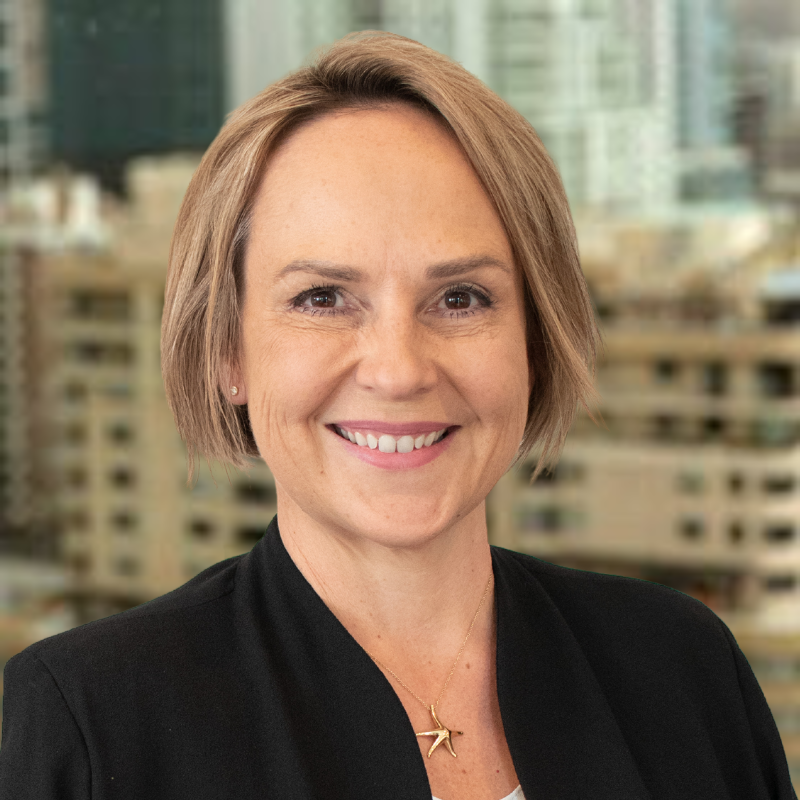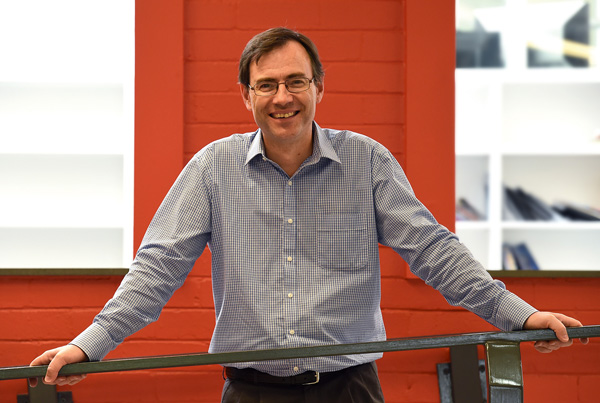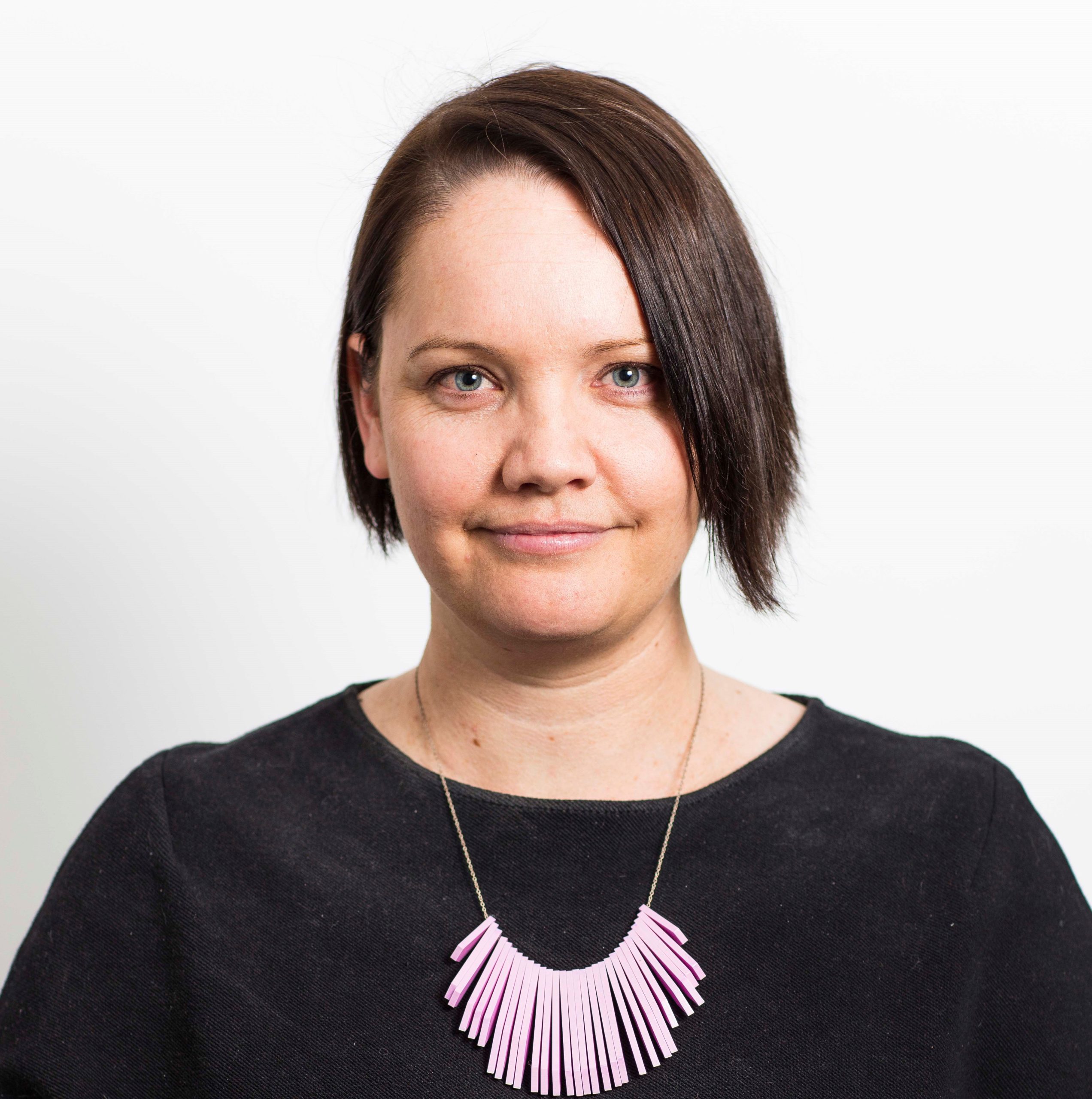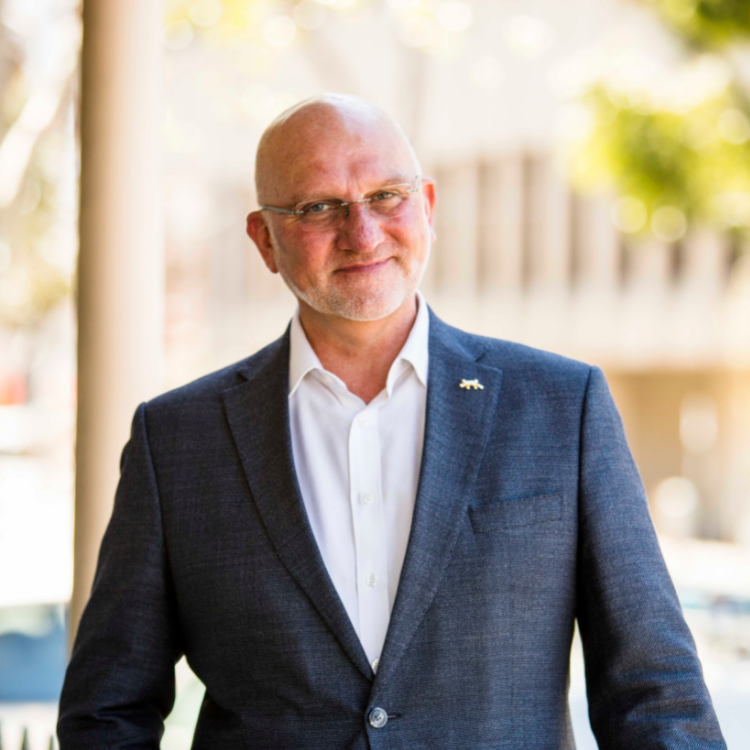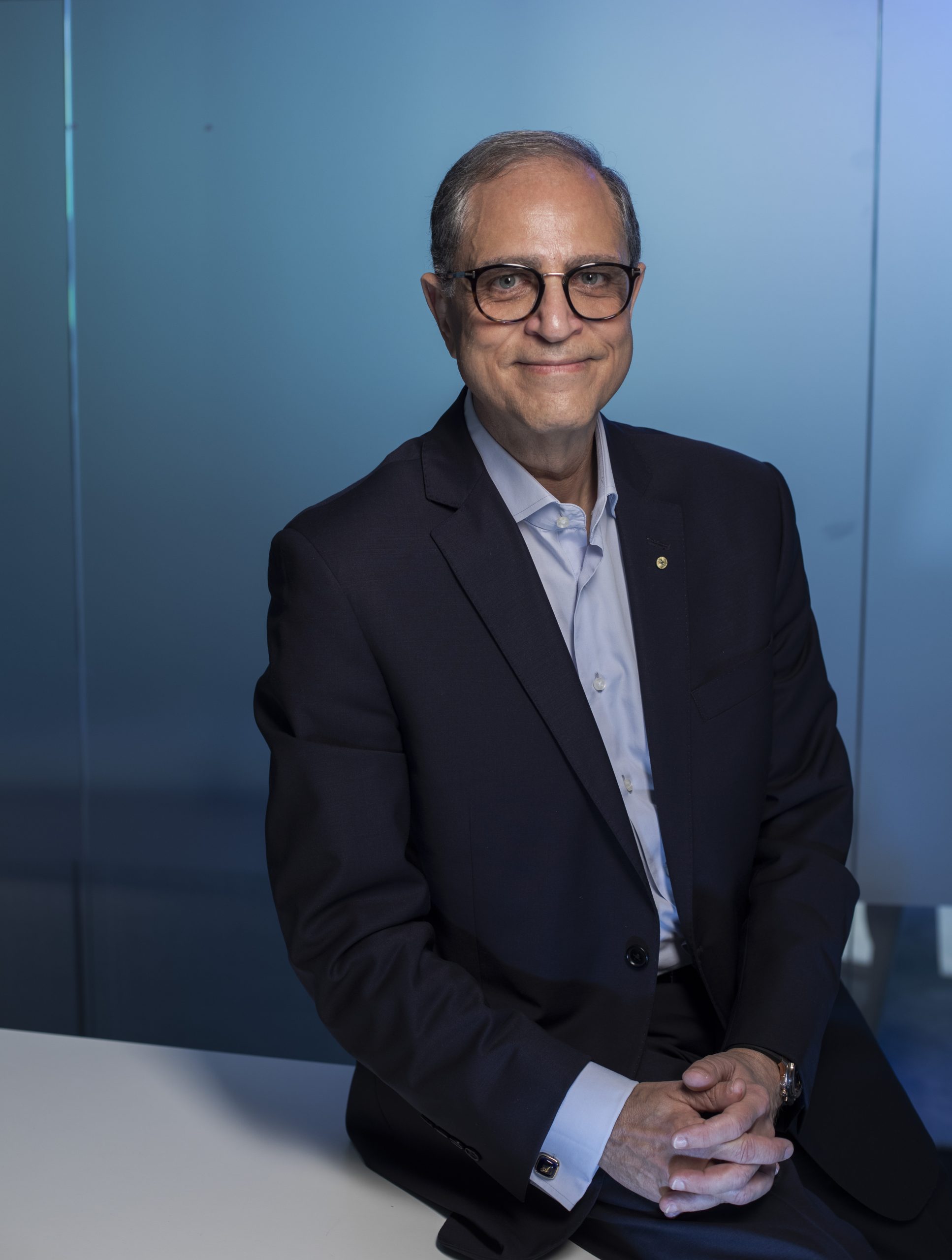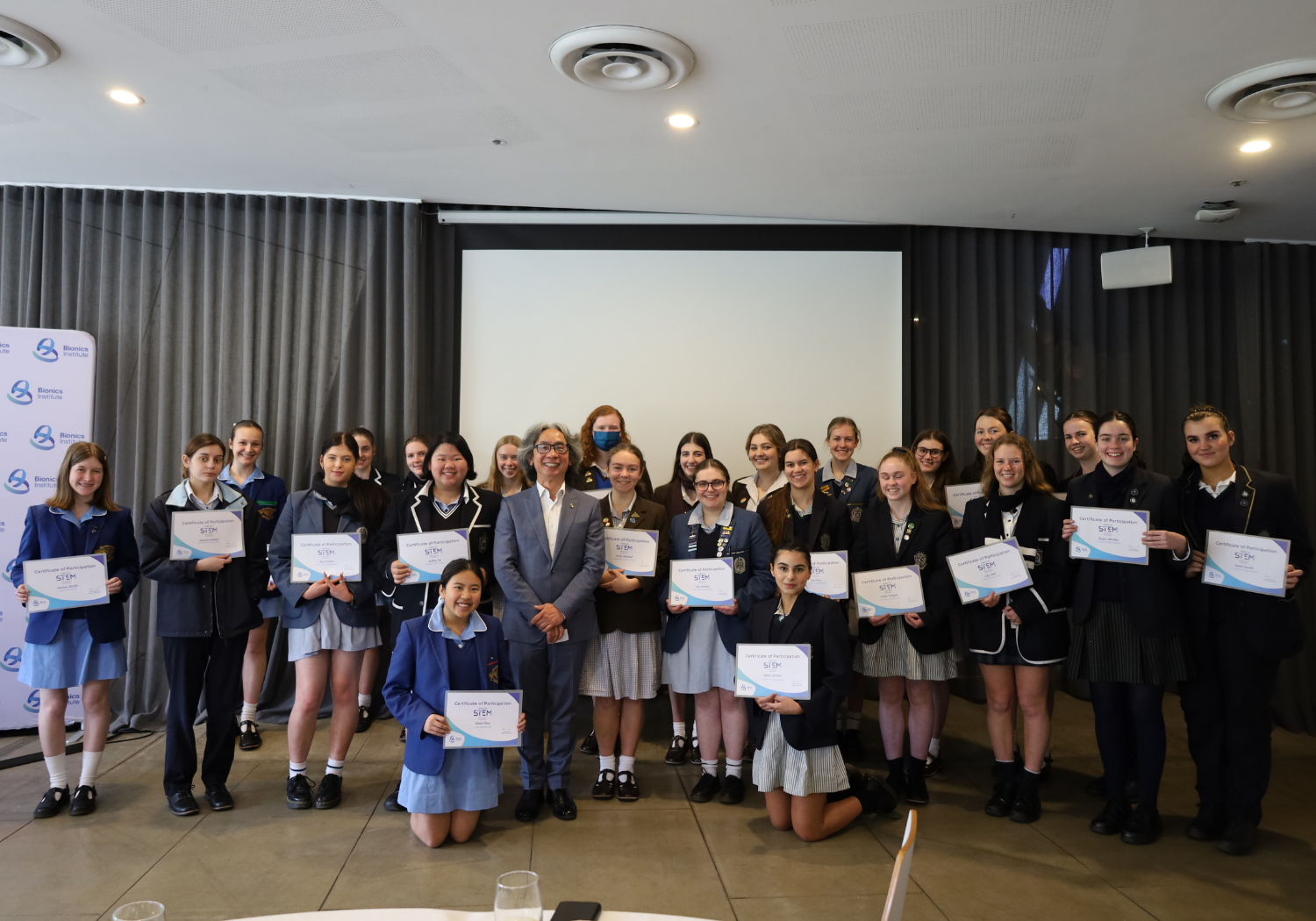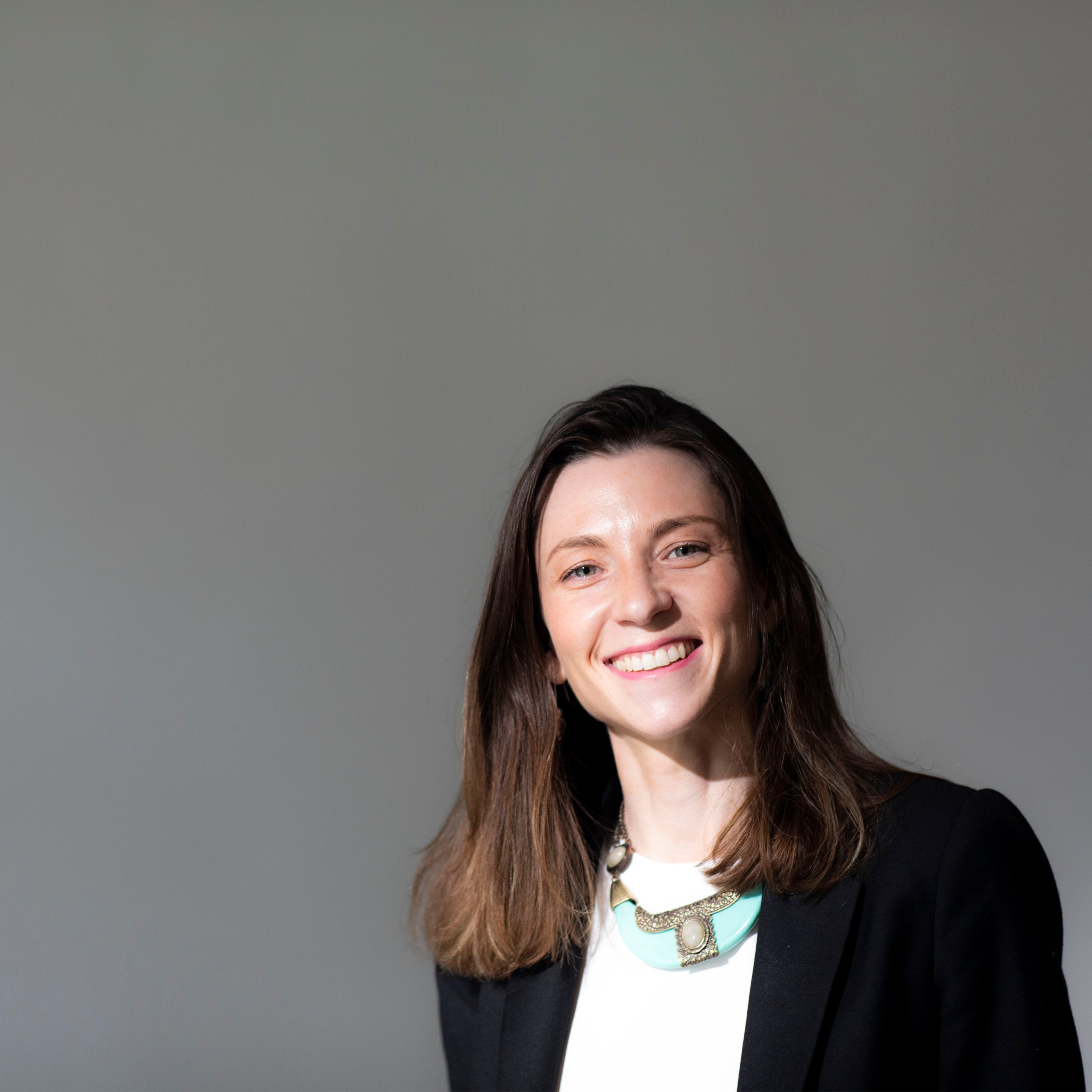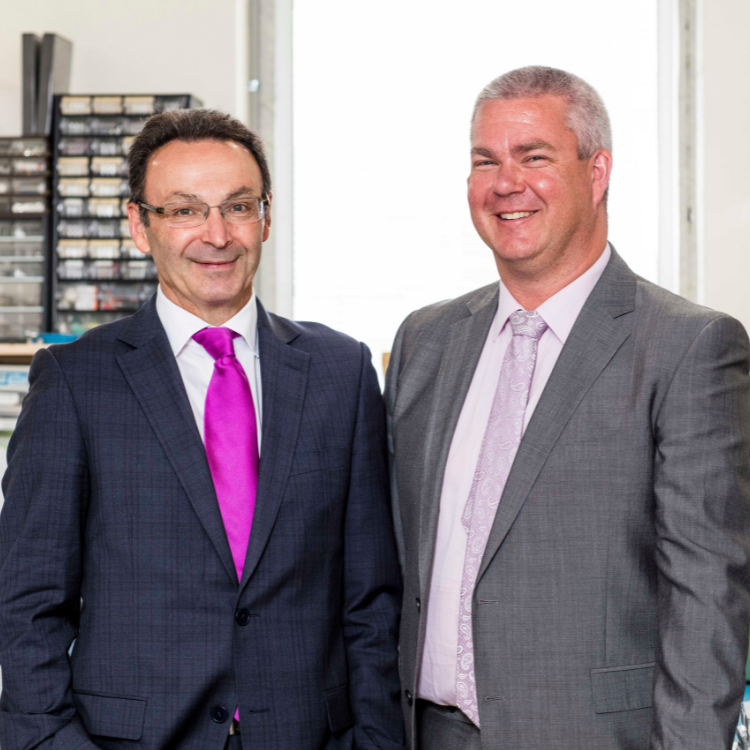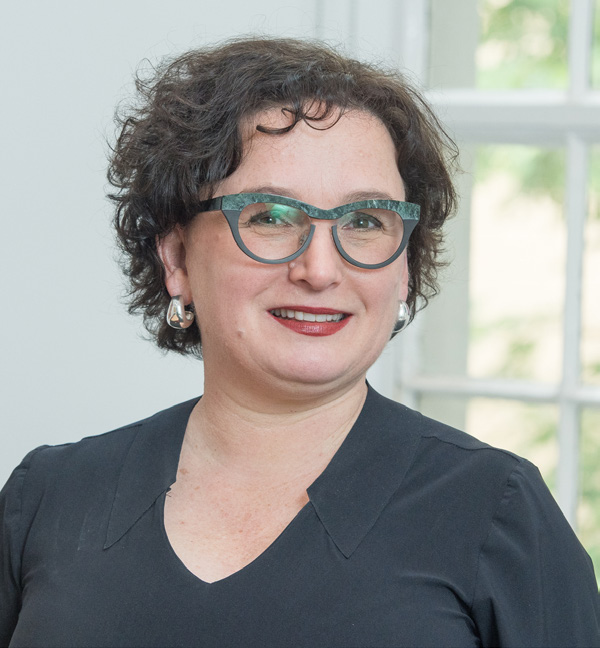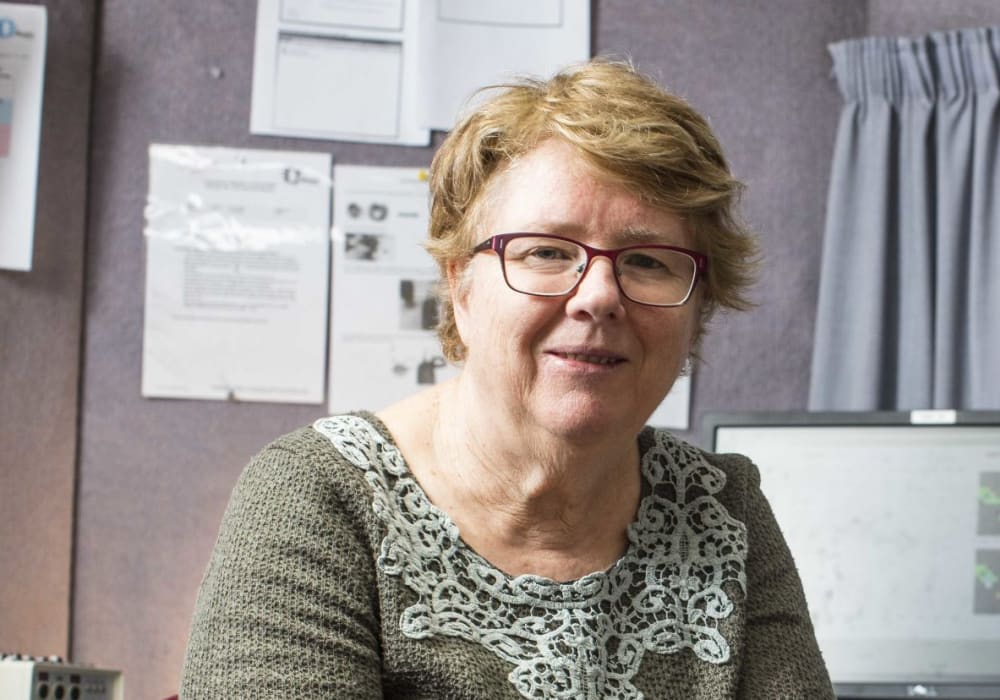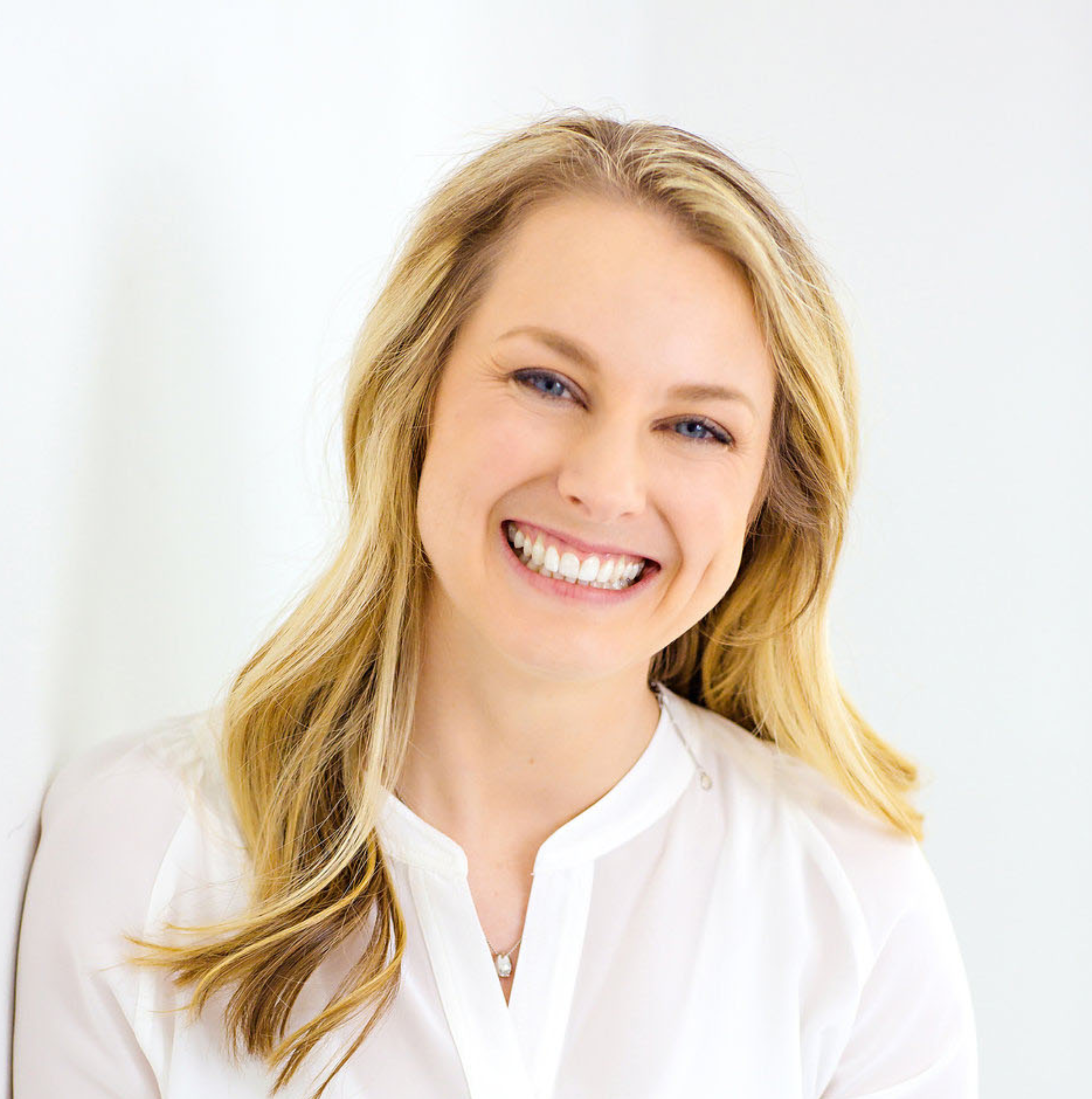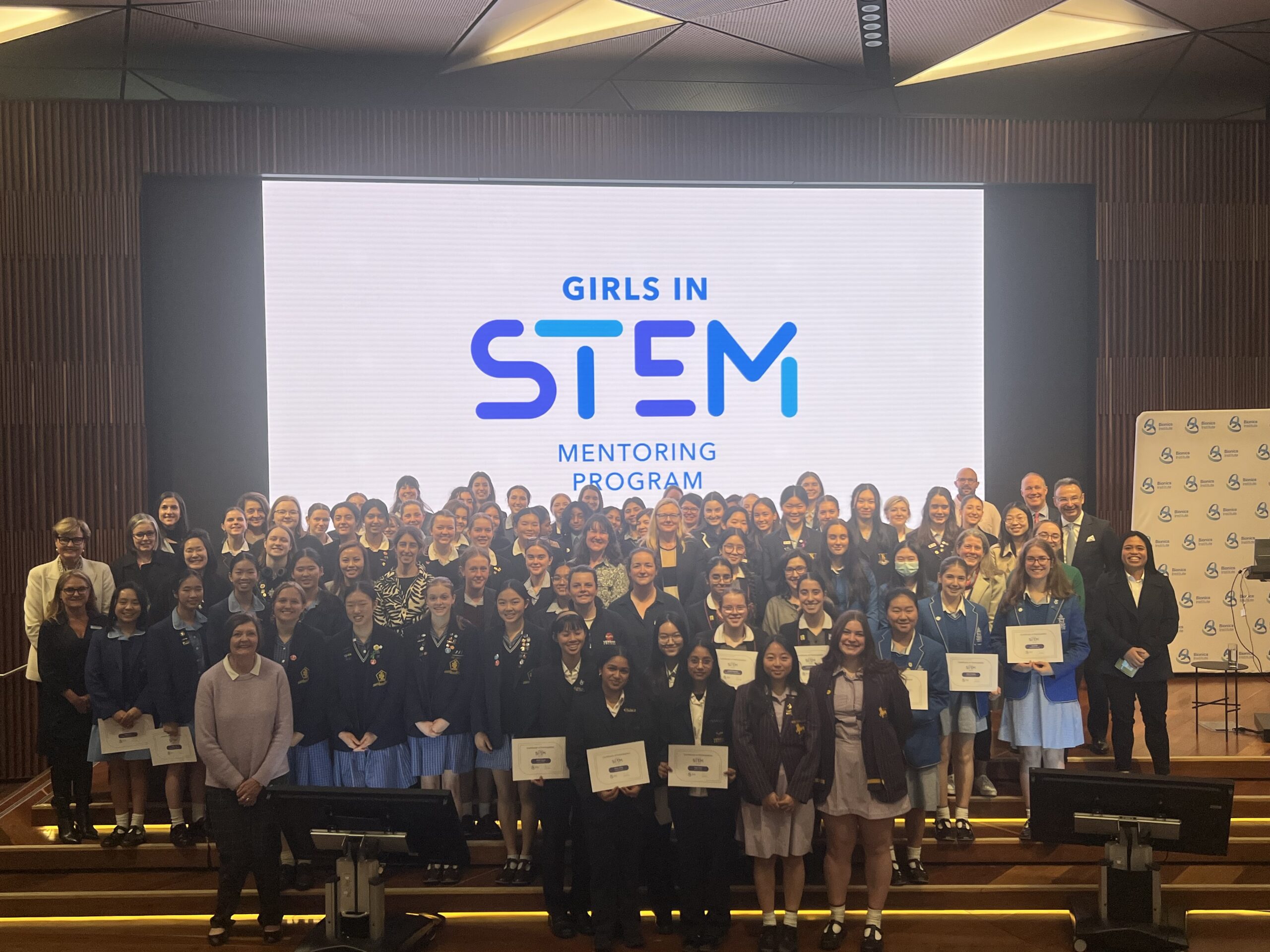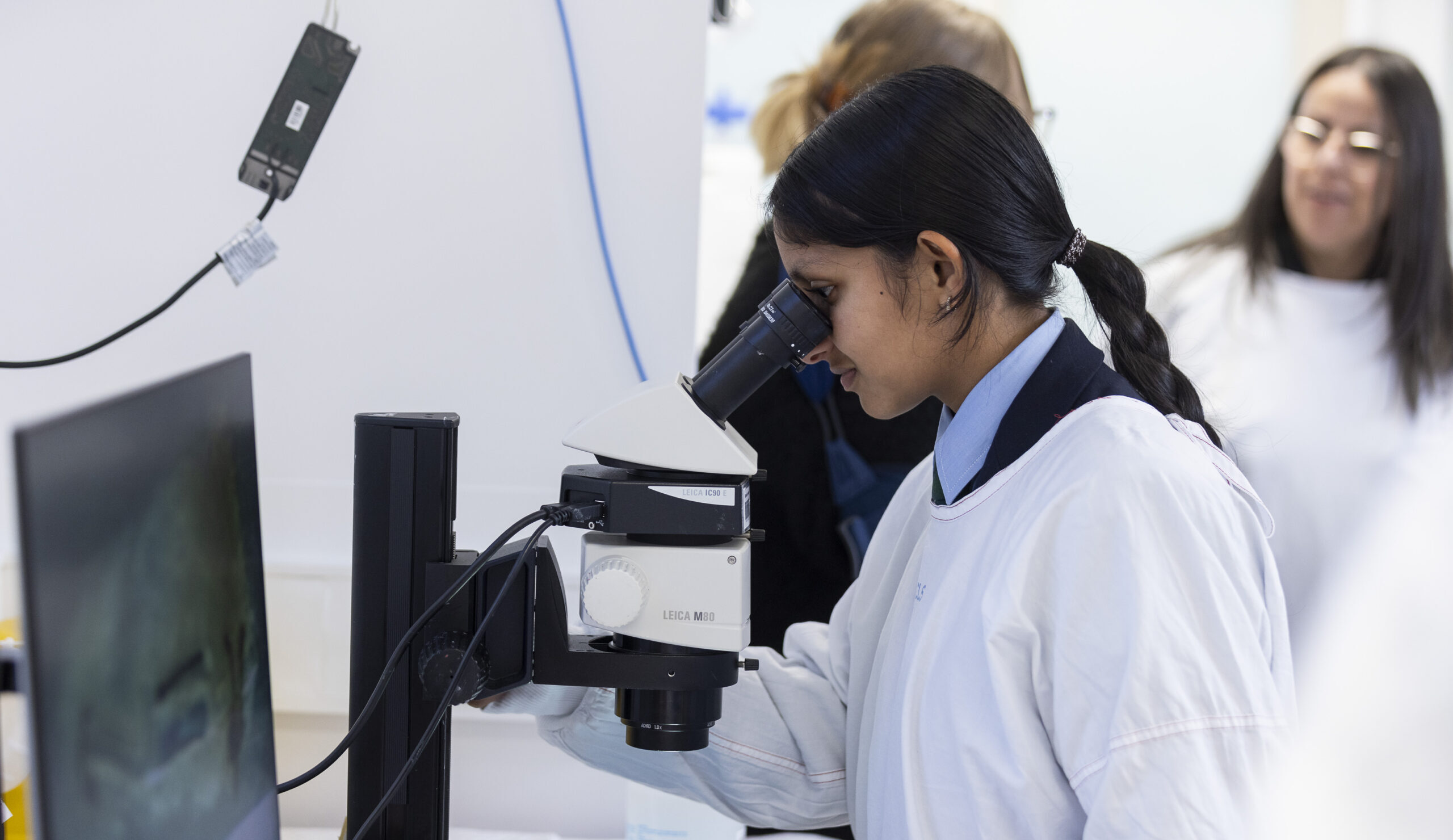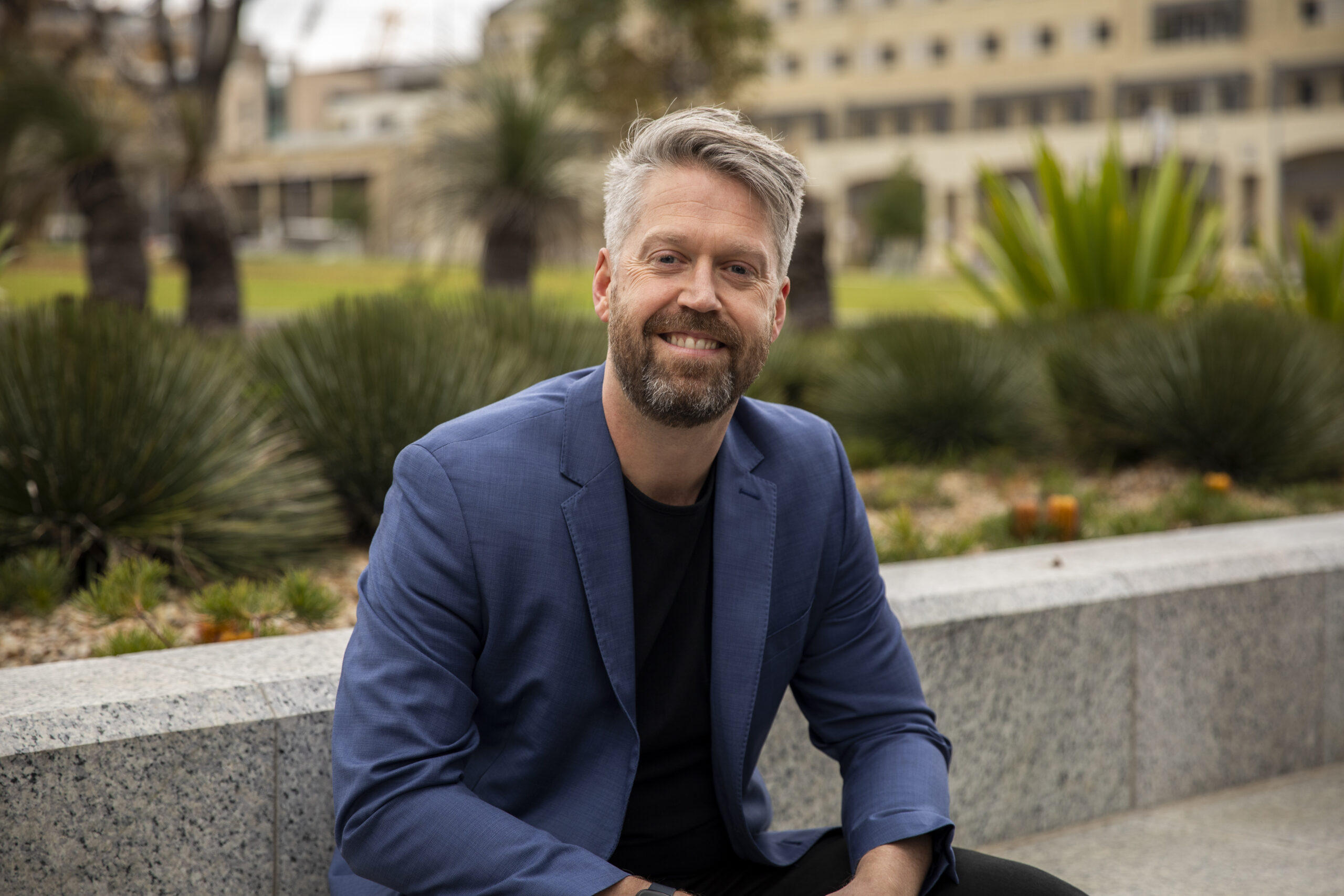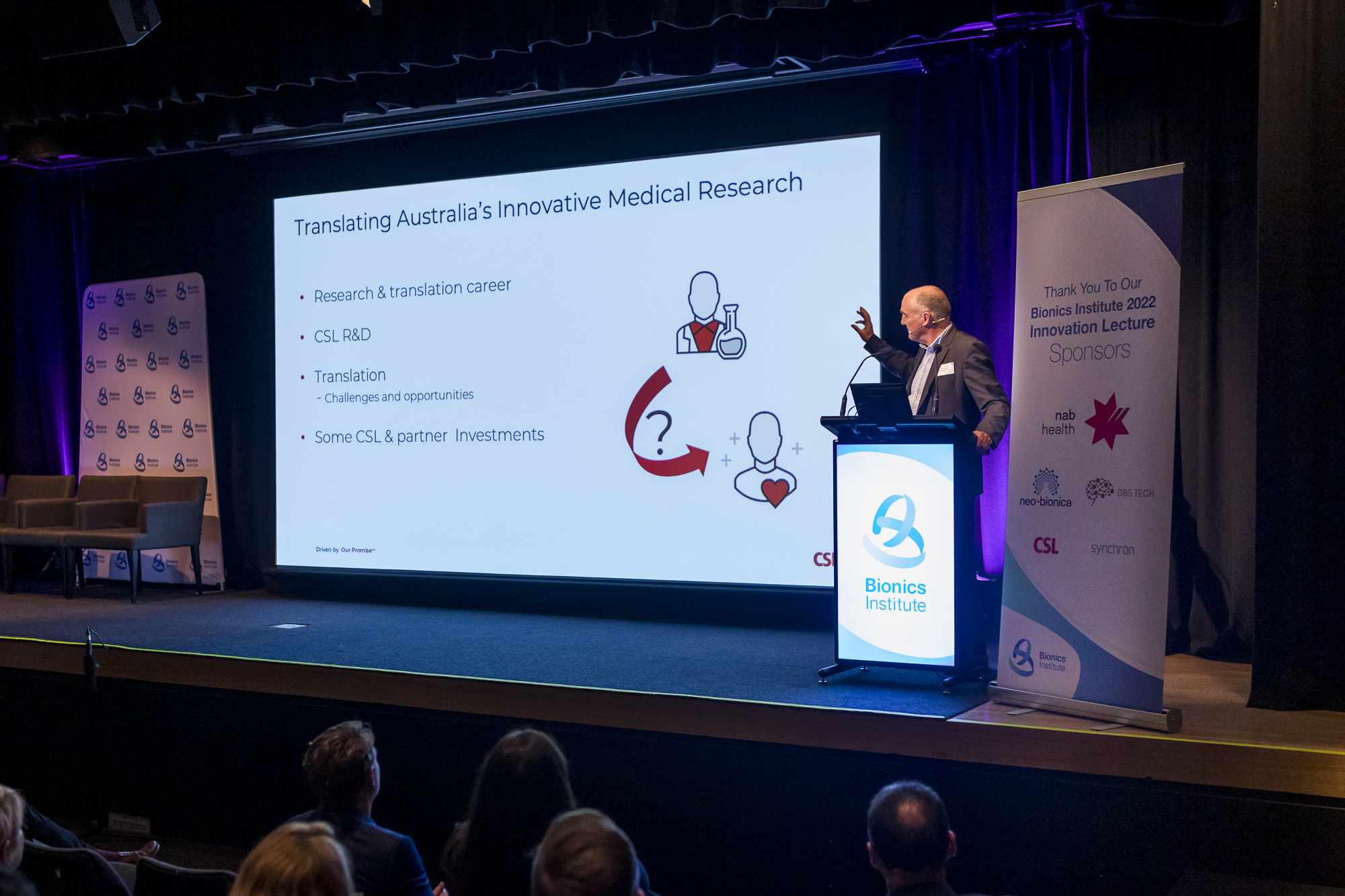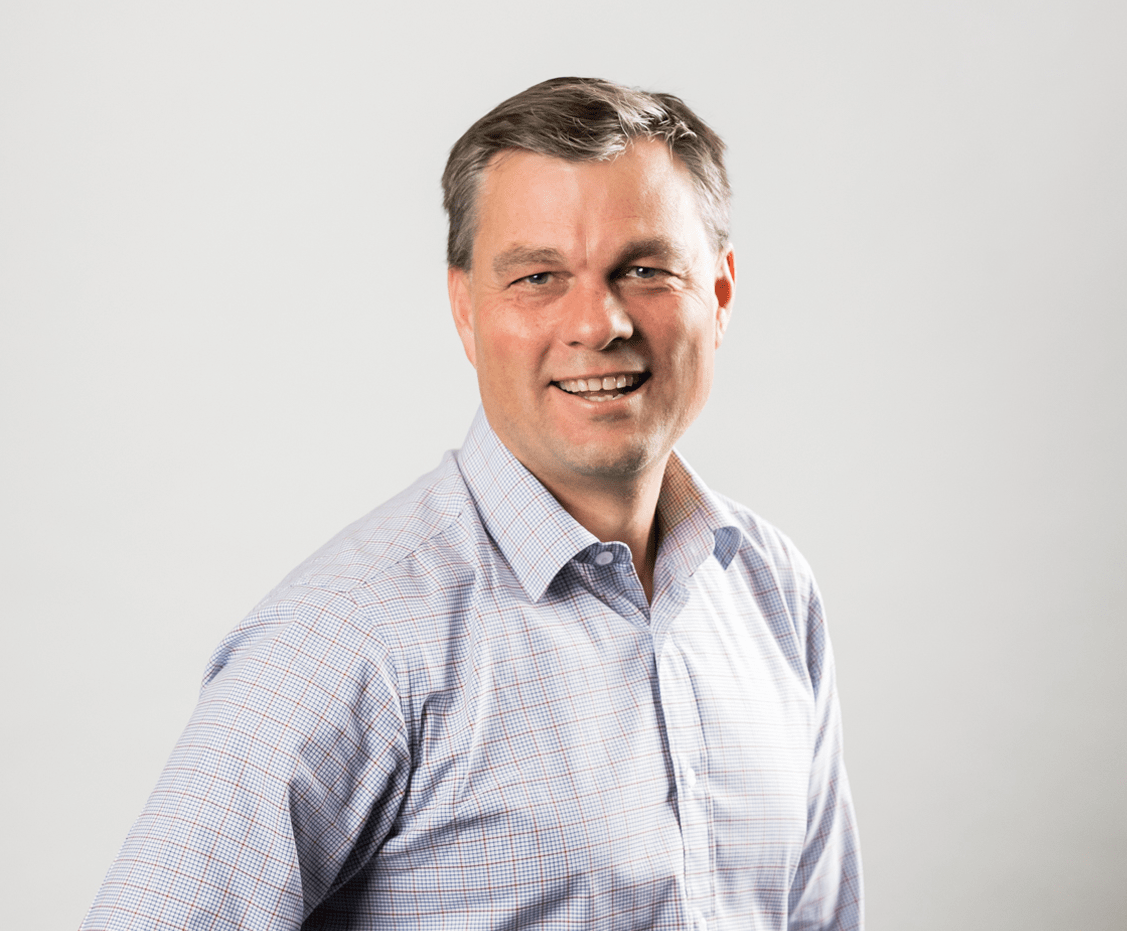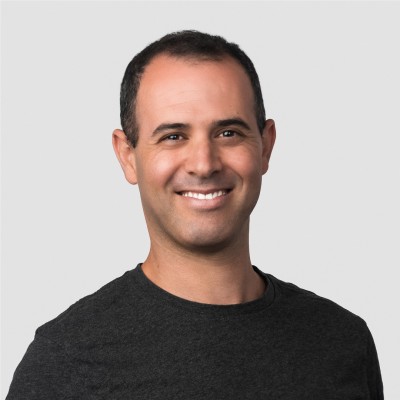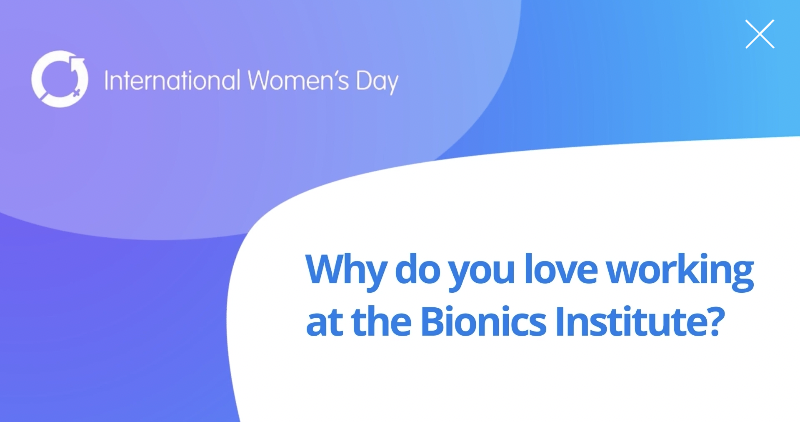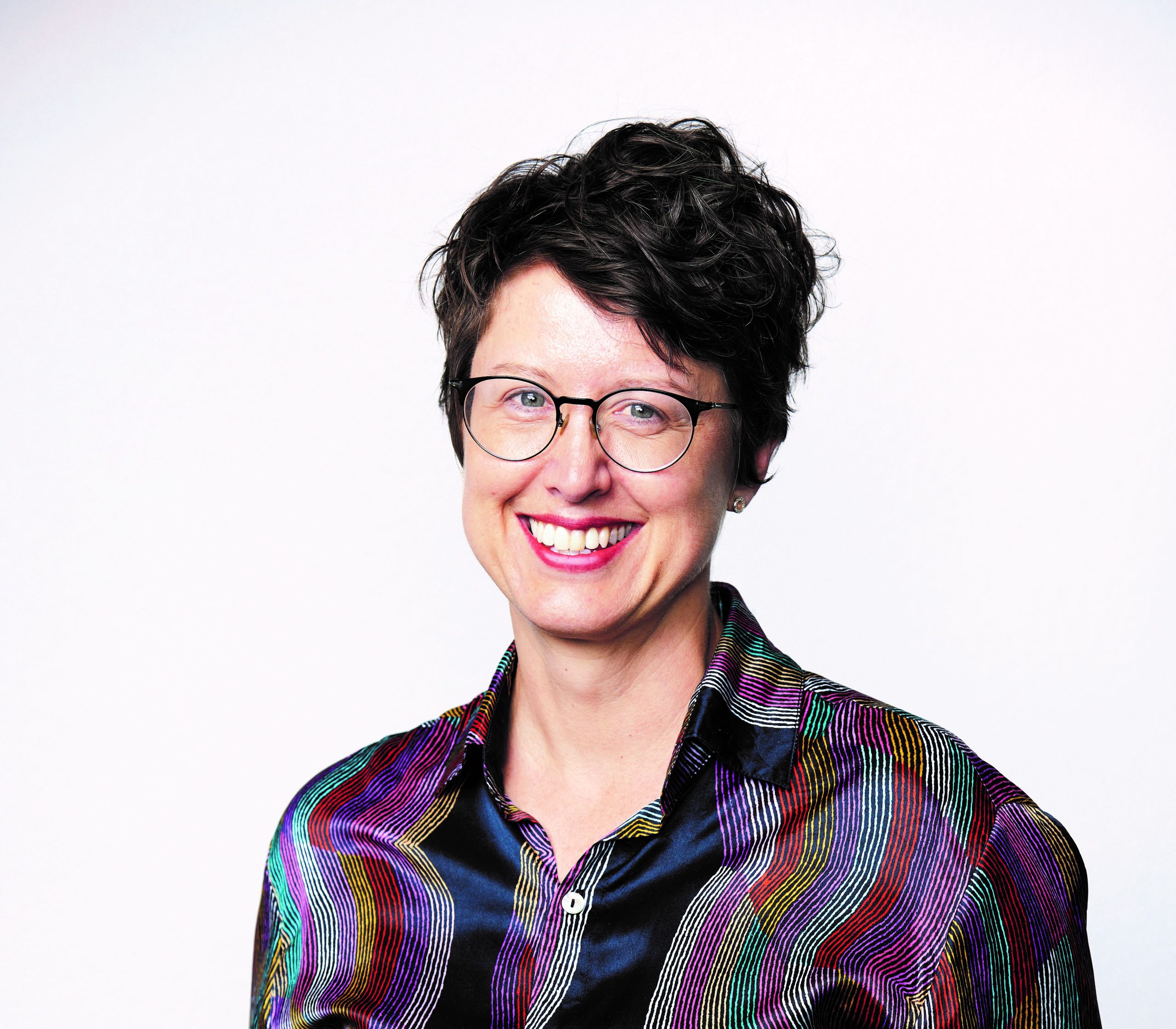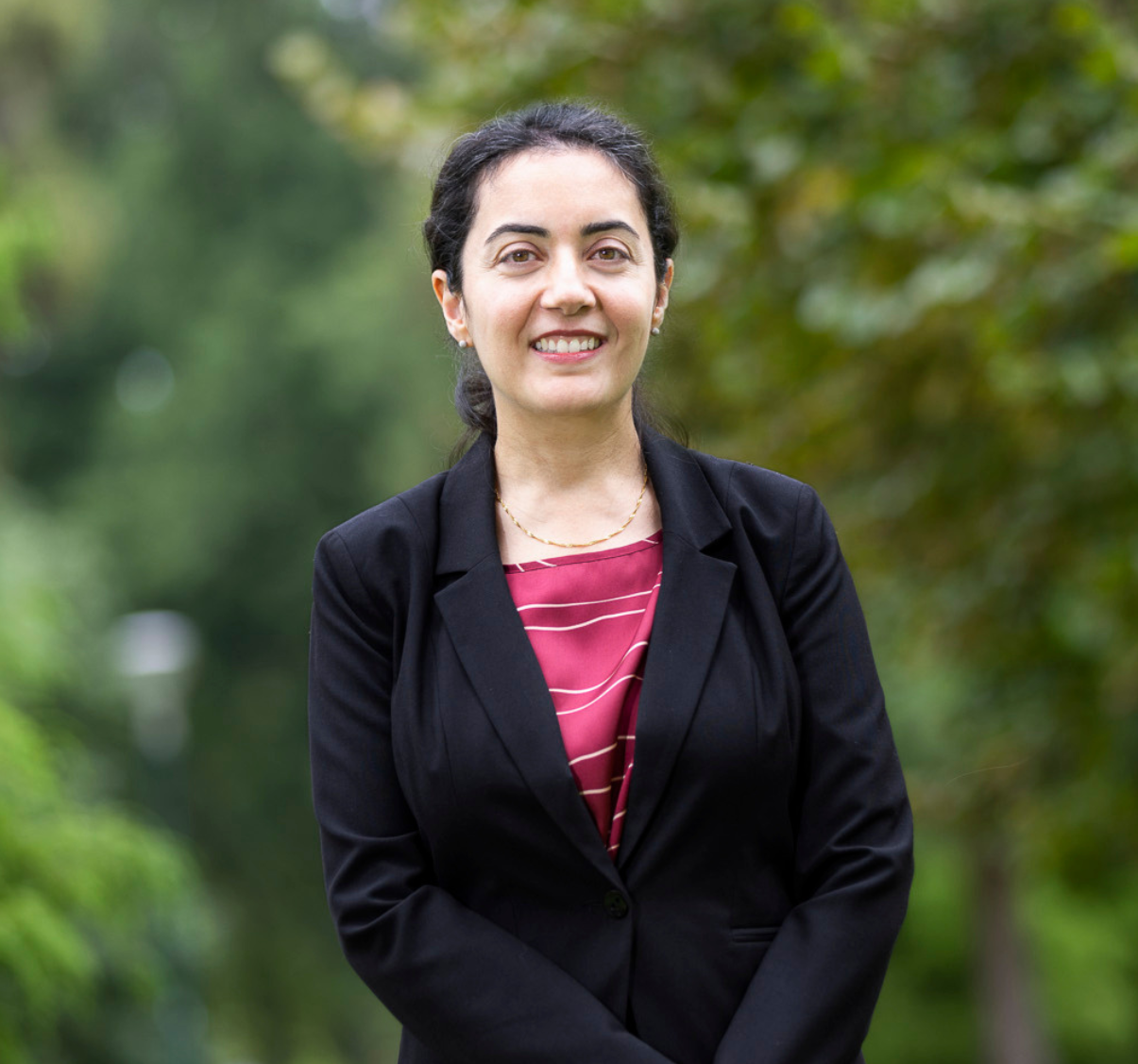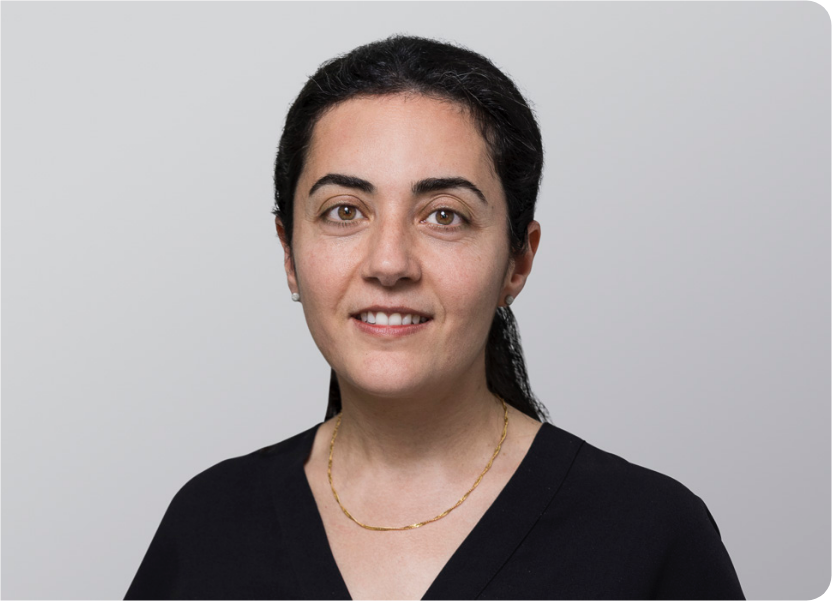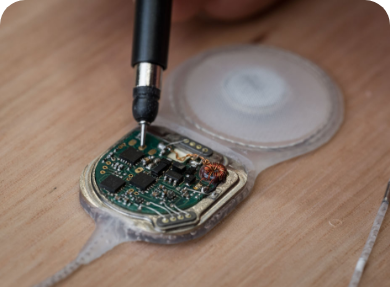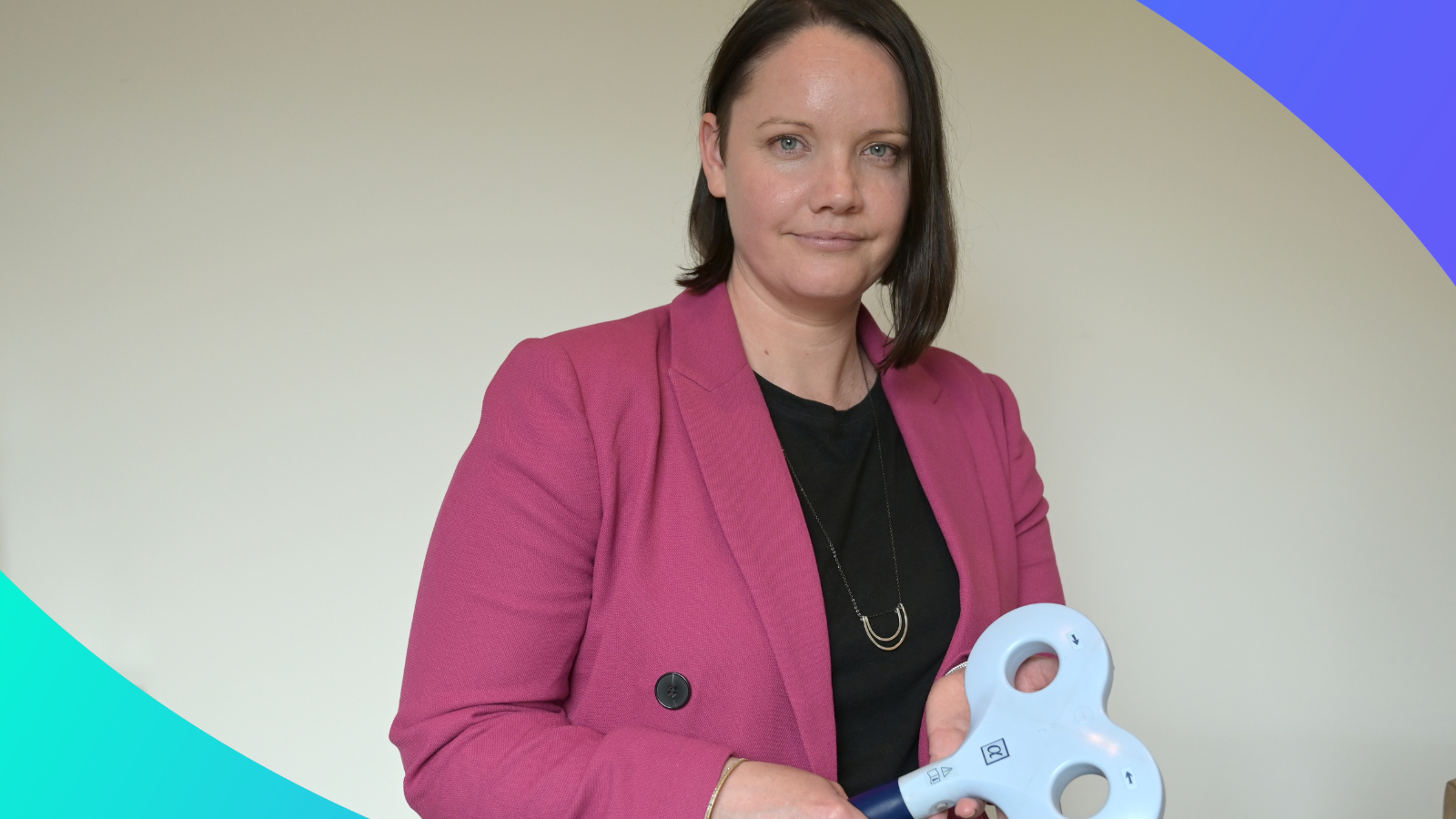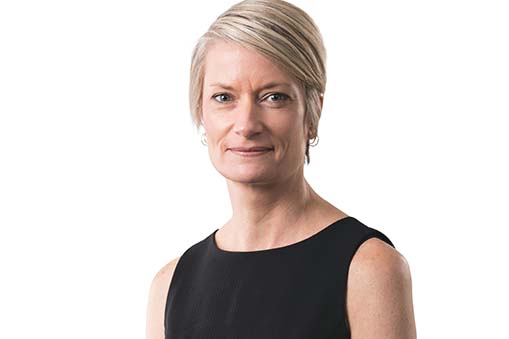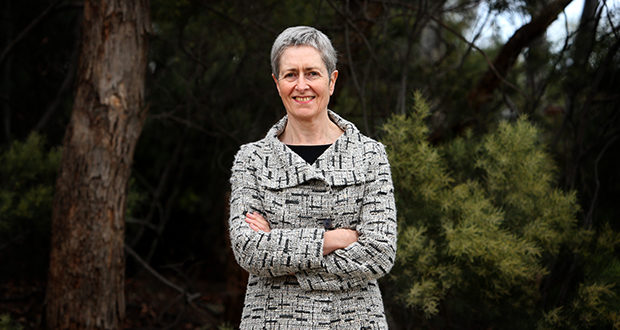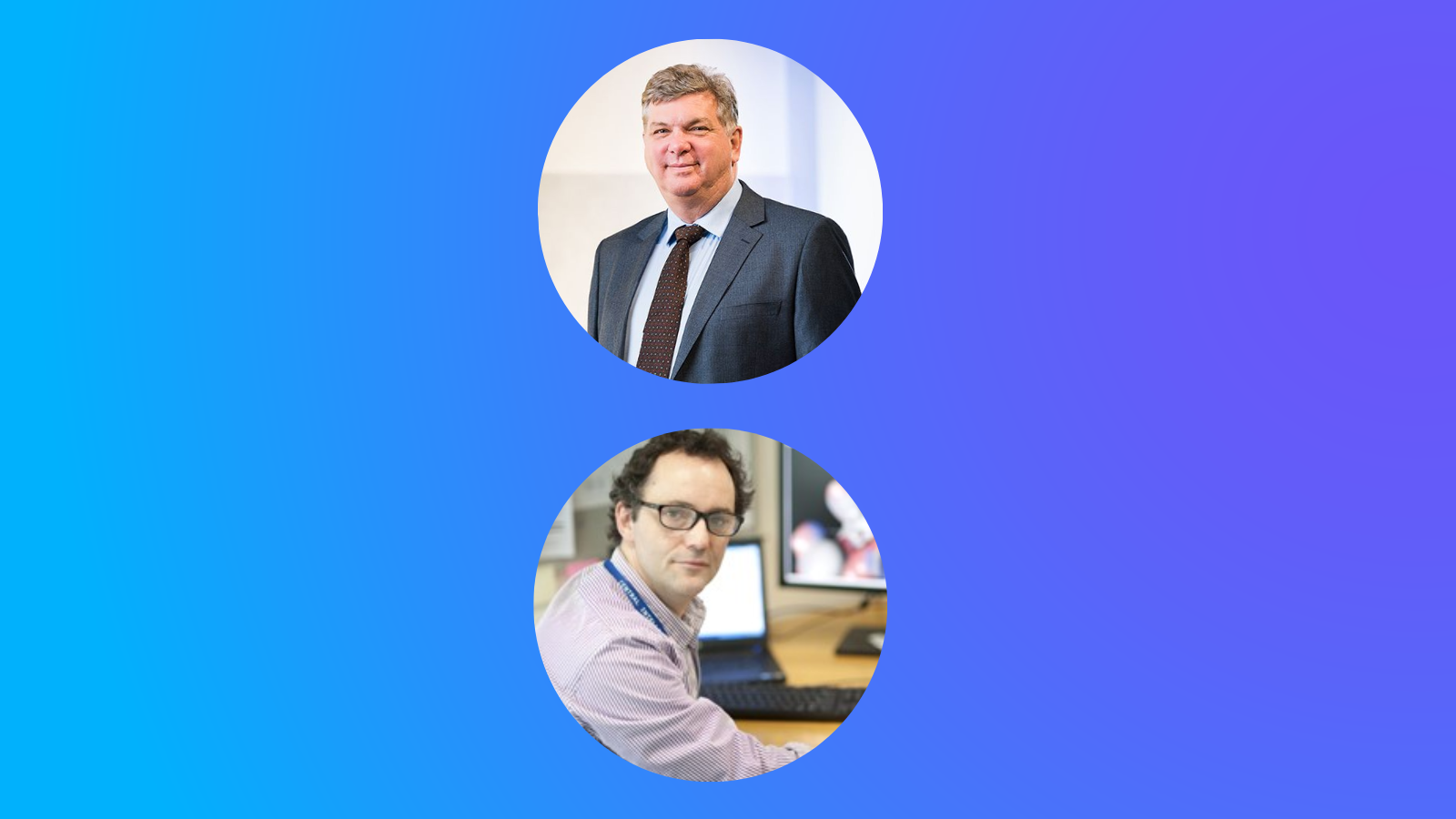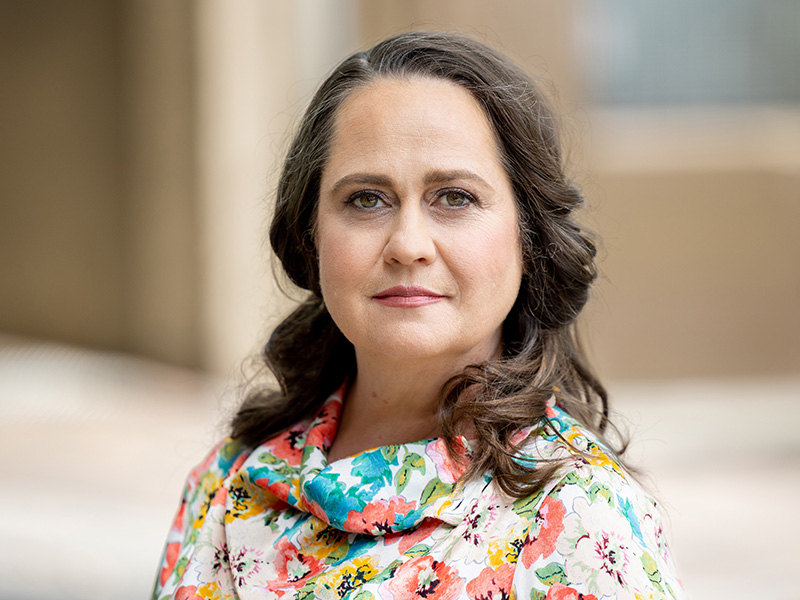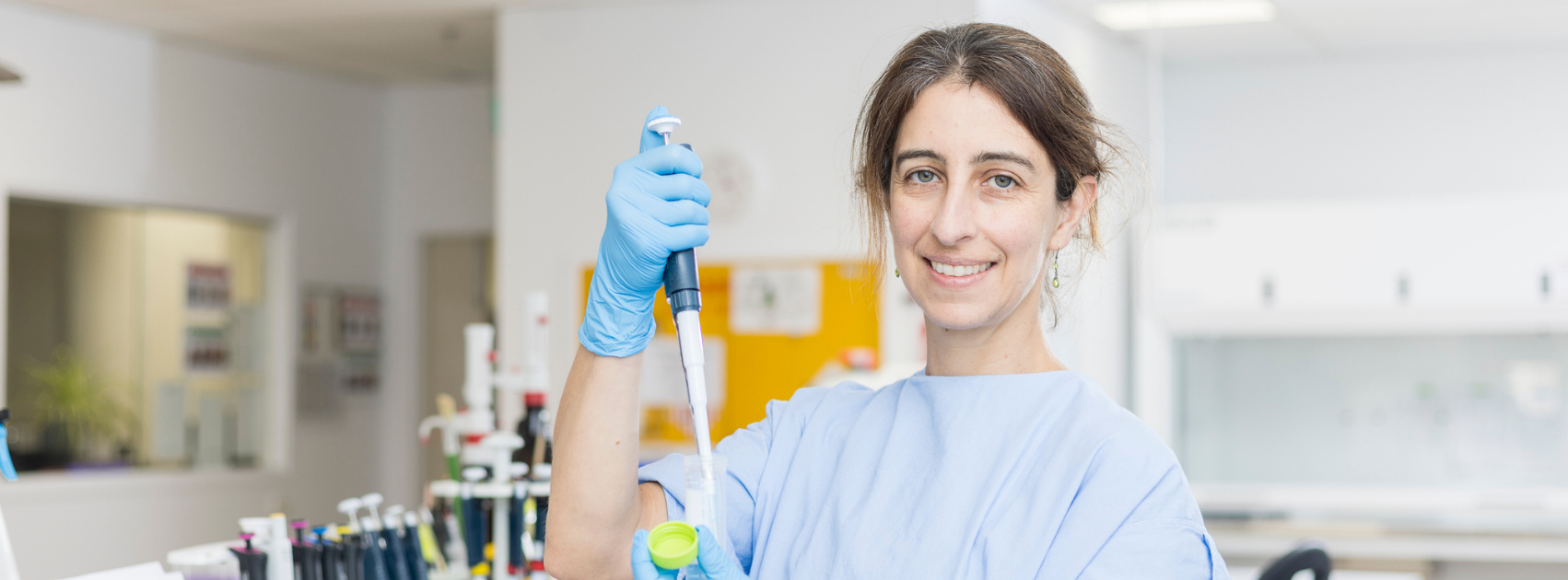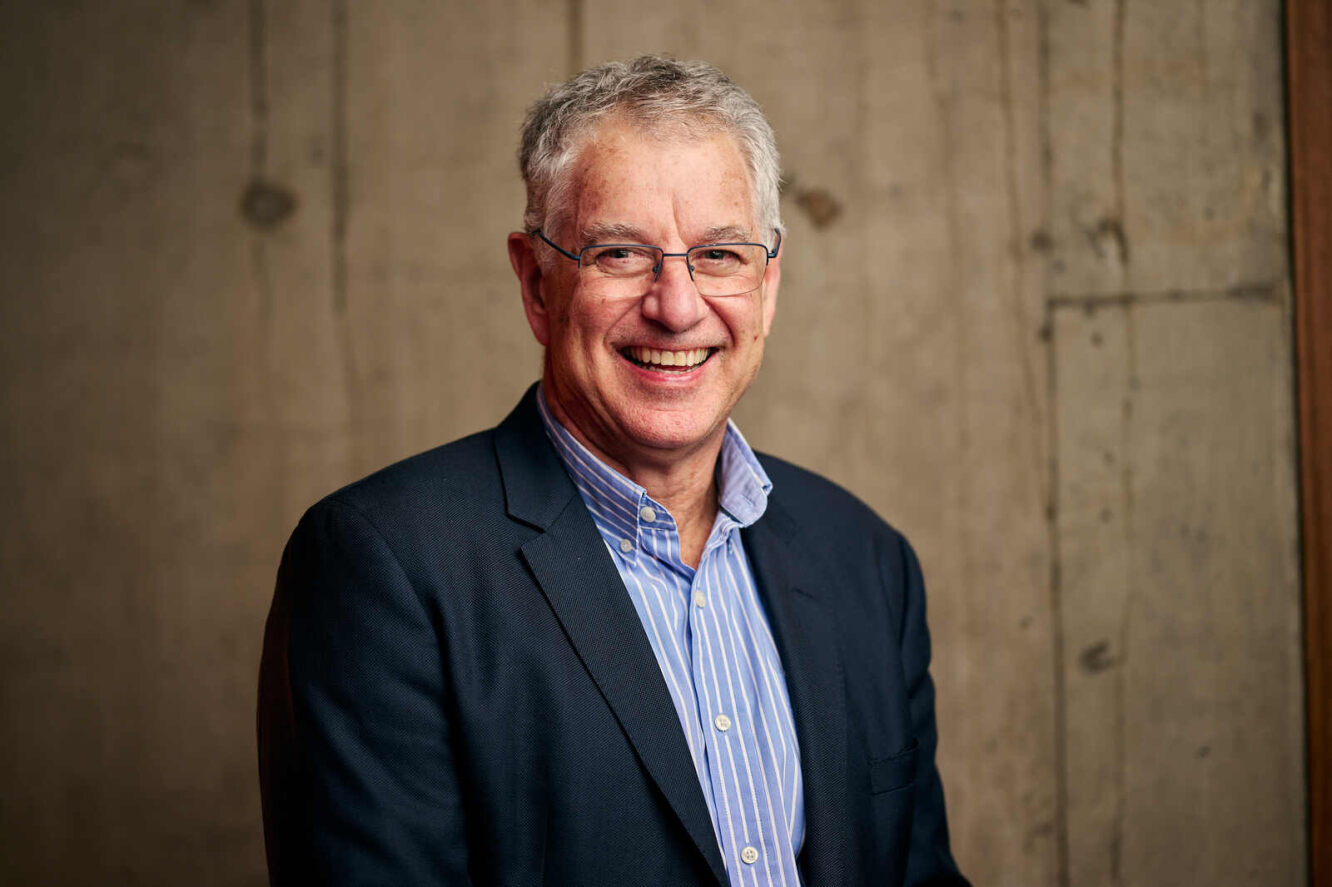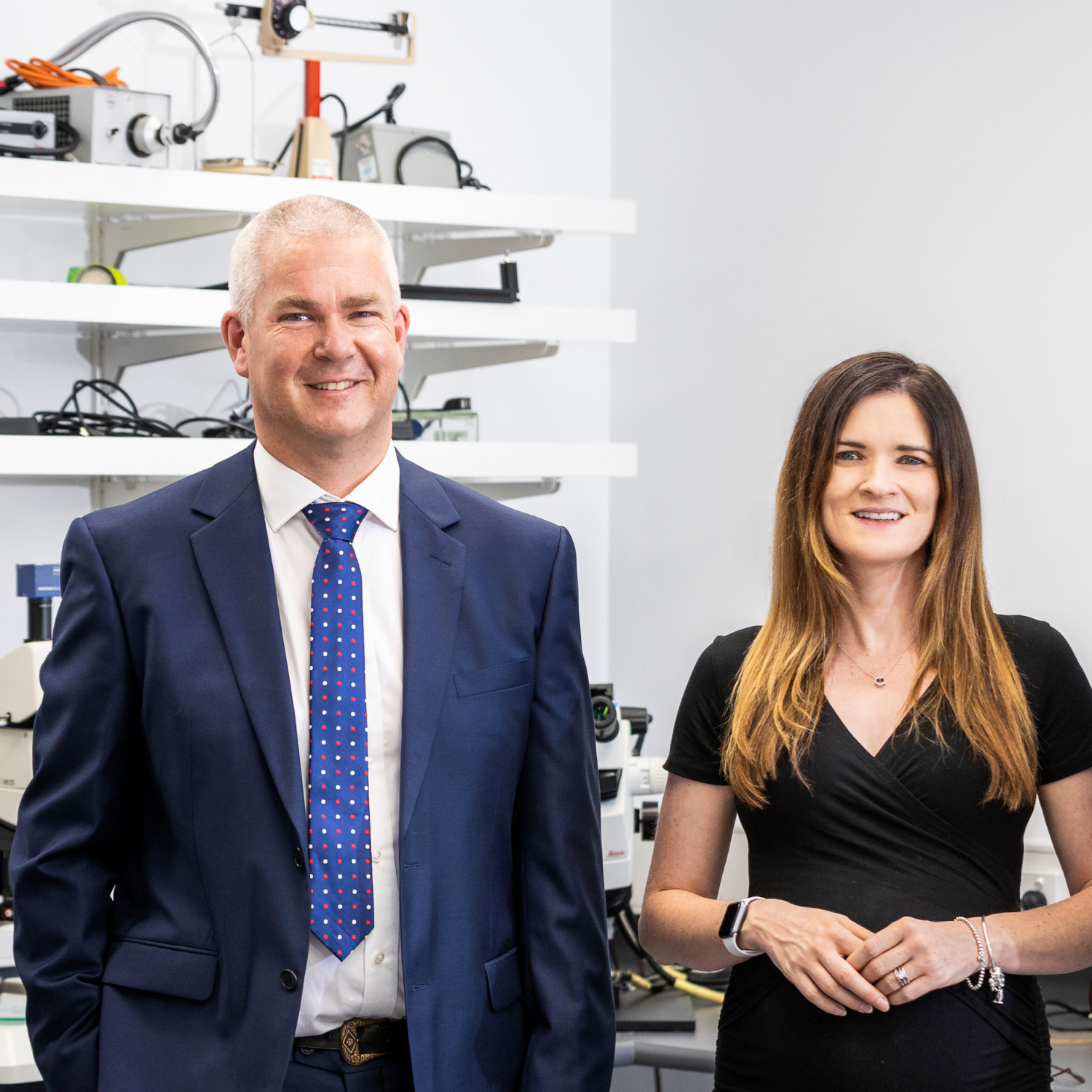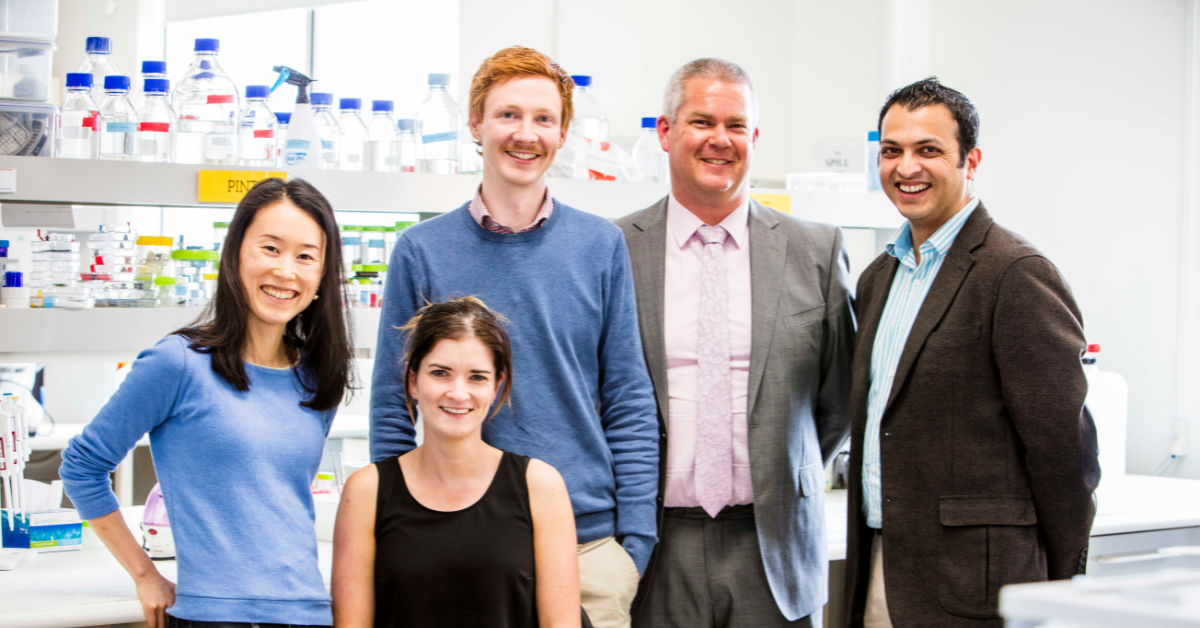Bionics Institute Girls in STEM Mentoring Program Mentoring Session Guidelines

Welcome!
Welcome to the Bionics Institute Girls in STEM Mentoring Program. At the end of this page you will find a program calendar and detailed guidelines on mentoring sessions for mentors, students and teachers.
The overall aims of this program are to:
- Increase student understand of career and study options in STEM.
- Increase student engagement in STEM learning experiences.
This is achieved over a six-month period through STEM workplace tours, online mentoring sessions and information gathering, which culminates in the preparation and delivery of a five minute presentation at a school assembly or in class.
Students are allocated to mentors in groups of 2-4, usually all from the same school.
During the program, students:
- Discover the study and career paths of women working in STEM
- Learn to source and summarise complex scientific information
- Receive guidance on reading and understanding straightforward scientific articles
- Share learnings in a PowerPoint presentation to peers.
What’s in the presentation?
To see a sample presentation, view the 2022 celebration event video here towards the end.
We kindly ask that teachers confirm that each pair of students has presented a summary of their learnings to their peers.
If possible, mentors should be invited to attend the presentation given by their students online or in person, but this is not mandatory.
Your commitment to online mentoring sessions
Leading female scientists have volunteered their time to be mentors because they are passionate about their field and enjoy being a positive role model for students.
We request that students are respectful of their mentor’s time and let them know well in advance, by email, if they are unable to attend a session.
Both mentors and students have committed to five online mentoring sessions of 20-30 minutes in duration to be held at a mutually convenient time, which could be at lunchtime or immediately after school ends.
Mentoring sessions can be rescheduled only once, unless the mentor is willing and able to reschedule a second time. If rescheduling is not possible, the session can go ahead if at least one student is able to attend and recorded for those who cannot attend.
If you have any questions, please contact Bree Smith: [email protected]
Mentors and students must adhere to the Girls in STEM Program Terms and Conditions
Tours
Mentors are encouraged to invite the students to visit laboratories or workplaces of their mentors for hands-on learning experiences, where possible.
This may be arranged by the mentor in liaison with the school contact at a mutually convenient time.
Mentoring session guidelines and calendar of events
Scroll down to find detailed guidelines on mentoring sessions and a calendar of program events below.
The aim of the first session is to get to know each other and establish expectations for the program. To prepare for this session you will need to:
- Once you have been assigned your students, email them and CC their teacher to find out when they are available for the first session and send a calendar invitation for a Teams or Zoom meeting.
- In the same email, ask if they’d like to pick a specific part of your research area to focus on or whether they would like you to choose something interesting. For example, cochlear implants, treatments for anxiety or the practical application of data science.
- Let your students know that they need to email you to let you know if they can’t attend a meeting but you can only reschedule once.
|
|
|
|
|
|
|
|
|
|
|
|
|
| TBC April |
|
|---|---|
| May (to be arranged by mentor) |
|
| June (to be arranged by mentor) |
|
| July (to be arranged by mentor) |
|
| August (to be arranged by mentor) |
|
| September (to be arranged by mentor) |
|
| Early October (to be arranged by school) |
|

